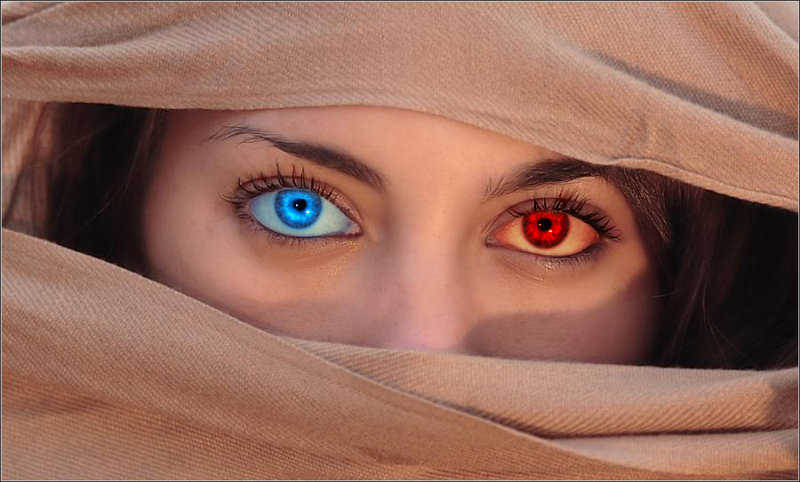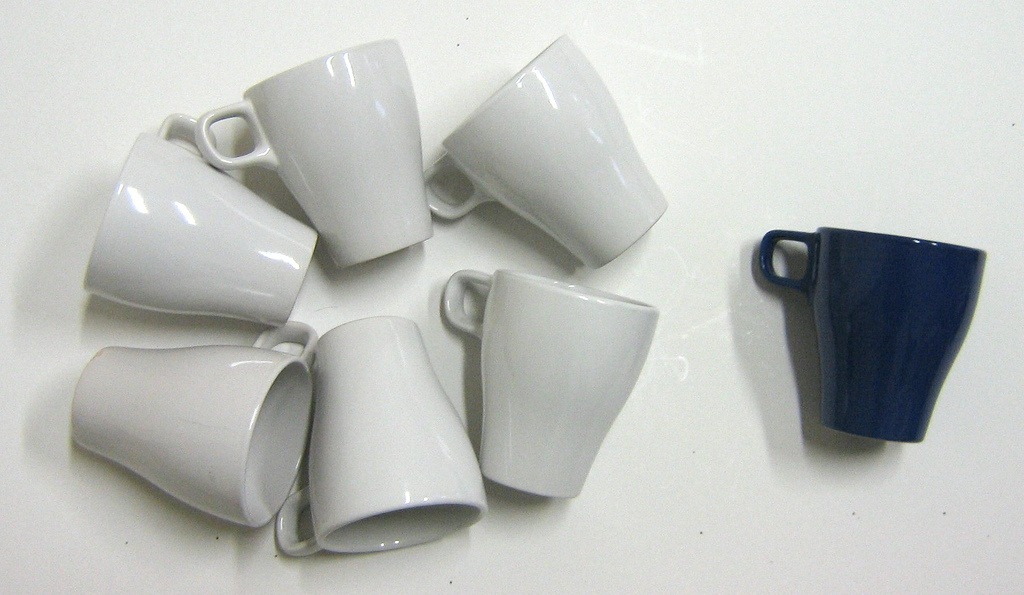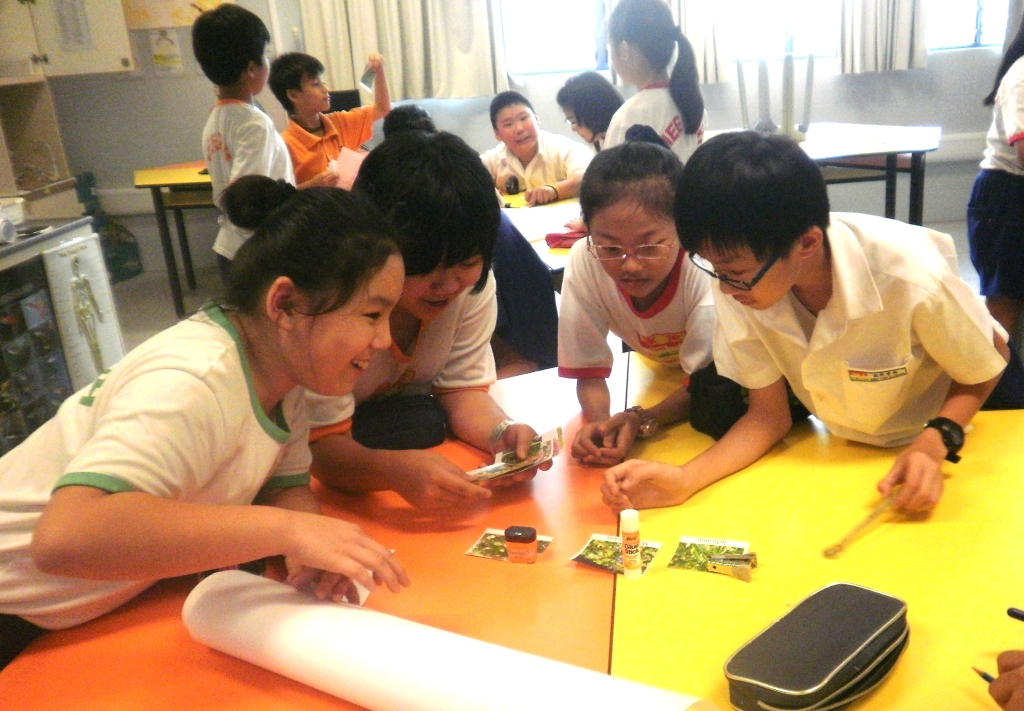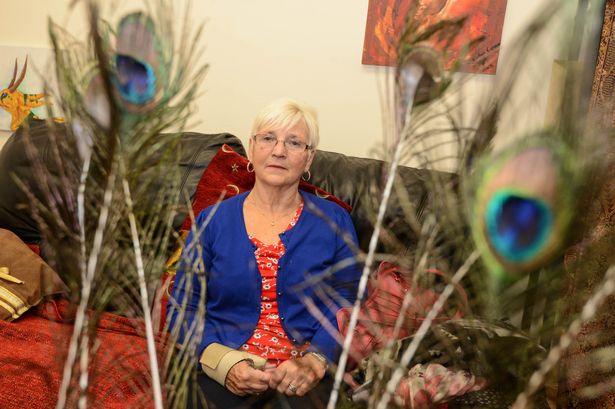In this Interview with neuroscientists John and Stephanie Cacioppo. John explains his research on why we need Grandchildren to survive.
Interviewer : So what is the focus of your work?
John: I’ve been interested in a combination of social and biological perspectives on the human brain for years now. What struck me as interesting about social in the first place was that social species, by definition, create super-organismal structures. These structures evolved hand in hand with neural, hormonal, cellular, and genetic mechanisms because they promote behavior that foster survival, reproduction, and care for offspring sufficiently that they reproduce. For mammals, whose offspring are dependent on parental care, it’s not your ability to reproduce that determines your genetic legacy but your ability to have grandchildren. If you reproduce a great deal but in conditions where there is no care for those offspring, then they perish during infancy, leaving you with no genetic legacy. So one interesting question is, What are the biological mechanisms that help us survive as a social species? The way I’ve been investigating this question for the past twenty years is to determine what happens when an individual is absent social connections.
Interviewer: Loneliness.
Read also: Mechanism That Repairs Brain After Stroke
John: Yes. So you see it’s actually a complement to what Stephanie studies.
Interviewer: Your wife studies love – how people create deep connections – and you study what happens when they feel isolated.
John: Yes, the reason I took that approach is very straightforward. If I want to understand what a gene does, I create an animal model where I can compare the responses from an animal that has that gene and an animal that does not. If I want to understand what the orbital frontal cortex does, I look at Phineas Gage before and after his orbital frontal cortex was obliterated. It’s not that I’m interested in the hole in Gage’s brain; I’m interested in what happens before and after that hole existed. Similarly, if I want to know what the effects of meaningful social connections are, I can compare individuals who feel socially connected with those who feel absent meaningful social connections – that is, individuals who feel lonely.
Source: Cafe



